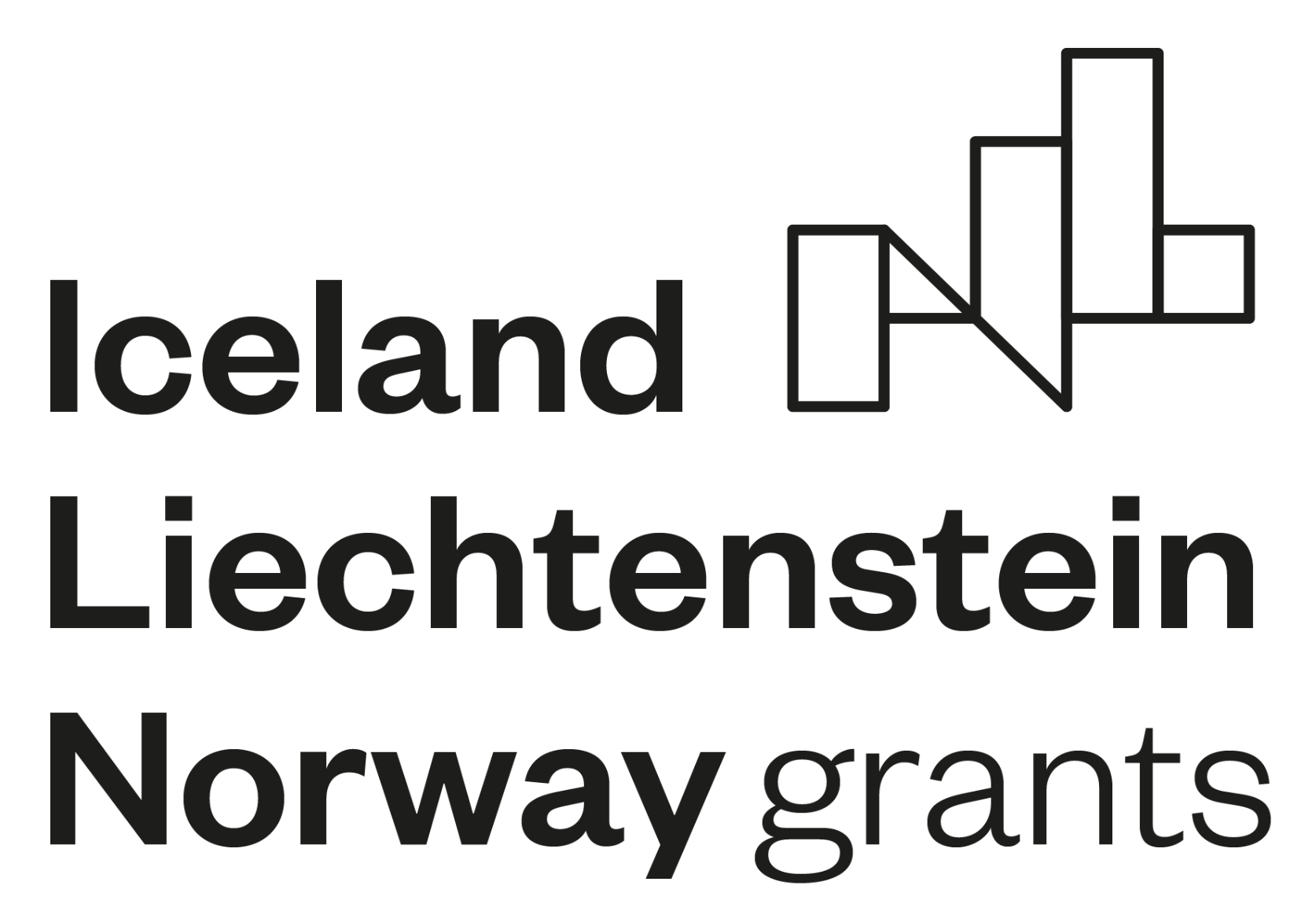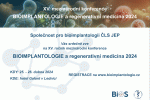
Low-temperature 3D Printing of Bio-Functionalized Ceramic Bone Implants with Adjustable Mechanical Properties
The objective is to establish close multidisciplinary cooperation between Czech and Icelandic partners in order to develop biofunctionalized polymer-ceramic ink for low-temperature 3D printing of patient-specific bone implants.
Our goal is to improve mechanical, degradable, healing and antibacterial properties of implants by modification of ceramic cement with binders based on biodegradable synthetic polymers and bioactive polysaccharides and proteins. Implants for repair of parietal bone defects will be printed by direct ink writing and mechanically and histologically evaluated. Project will result in 2 functional samples of osteoinductive cements suitable for 3D printing of artificial bones with adjustable mechanical properties and enhanced biological activity.
07.04.2024
XV. mezinárodní konference „Bioimplantologie 2024“
XV. MEZINÁRODNÍ KONFERENCE BIOIMPLANTOLOGIE A REGENERATIVNÍ MEDICÍNA 2024
Termín konference: 25.-26. dubna 2024
Konference nabídne široké spektrum aktuálních a kvalitních informací nejen pro…
Read more »
12.12.2023
Laboratory and Clinical Aspects of Regenerative Medicine
CEITEC BUT (Lucy Vojtová) and FMP (Lucie Vištejnová) participated in the organization of the multidisciplinary international conference Laboratory and Clinical Aspects of Regenerative Medicine …
Read more »
15.11.2022
First visit of Icelandic partners to the Czech Republic
First time in Brno. CEITEC + IceTec + Genis together.Discussion in 3D lab.In 3D lab.With 3D printing team.Preparation of the Joint Ownership Agreement with the BUT lawyer.Brno main square with…
Read more »
20.09.2022
Biomaterials and Their Surfaces XV.
CEITEC BUT (Lucy Vojtová) and FMP (Lucie Vištejnová) participated in the organization of the multidisciplinary national conference held in the Czech Republic and focused on the development and…
Read more »
Acknowledgment
The profiBONE project (TO01000309) benefits from a € 1.433.000 grant from Iceland, Liechtenstein and Norway through the EEA Grants and the Technology Agency of the Czech Republic.
Project TO01000309 is co-financed with the state support of the Technology Agency of the Czech Republic within the Kappa Programme.











